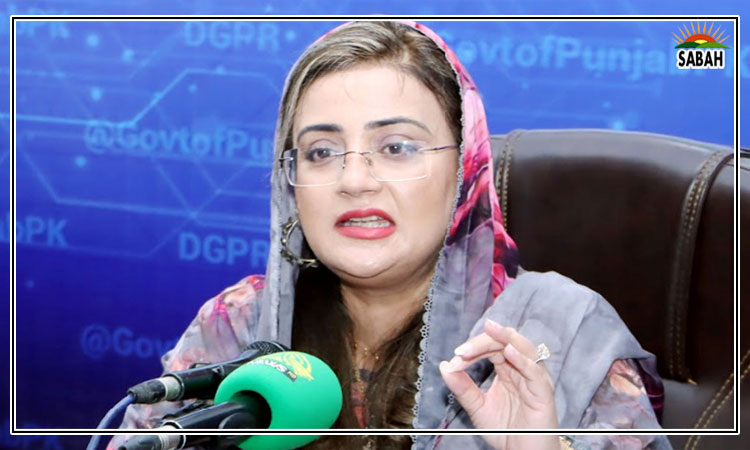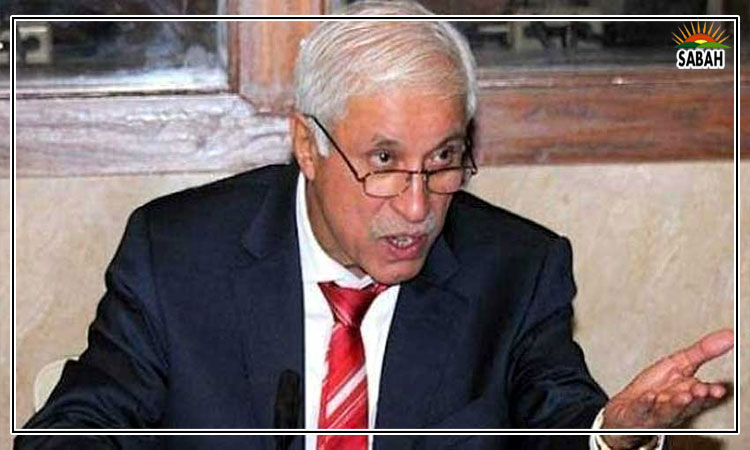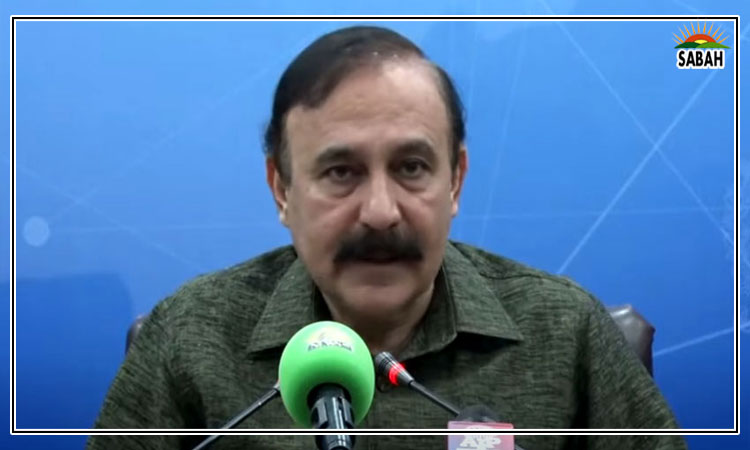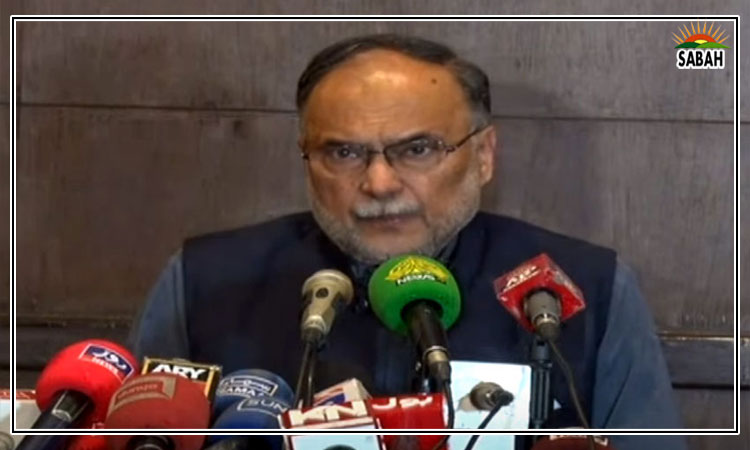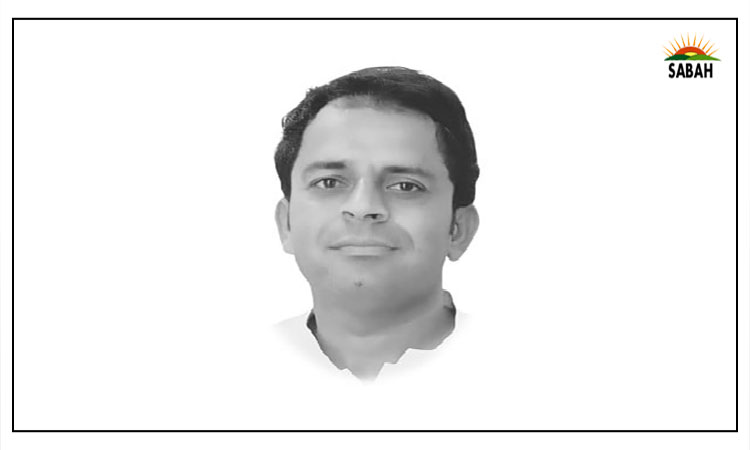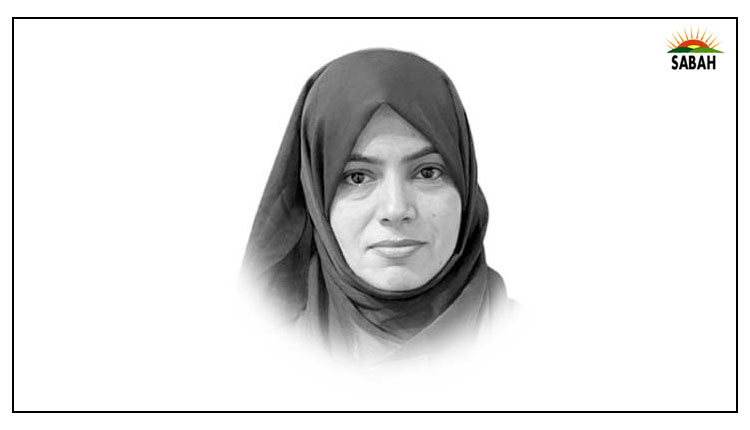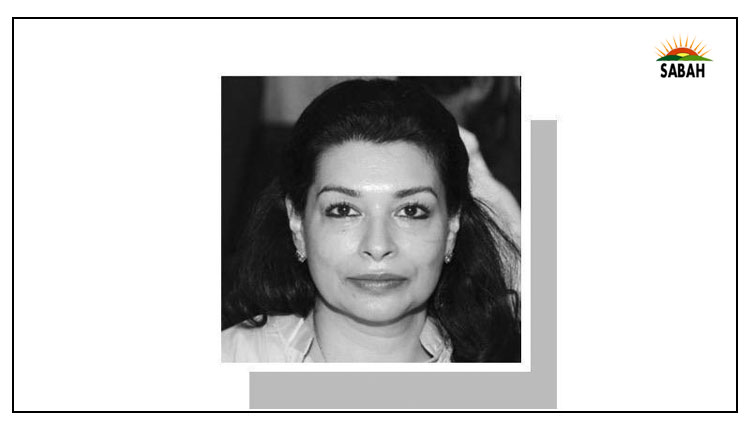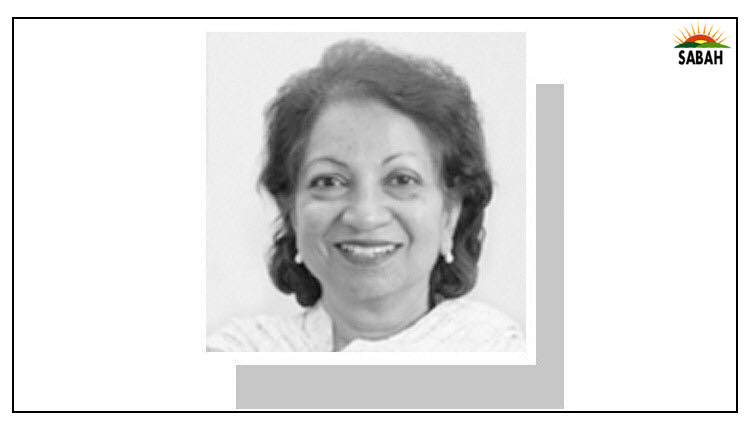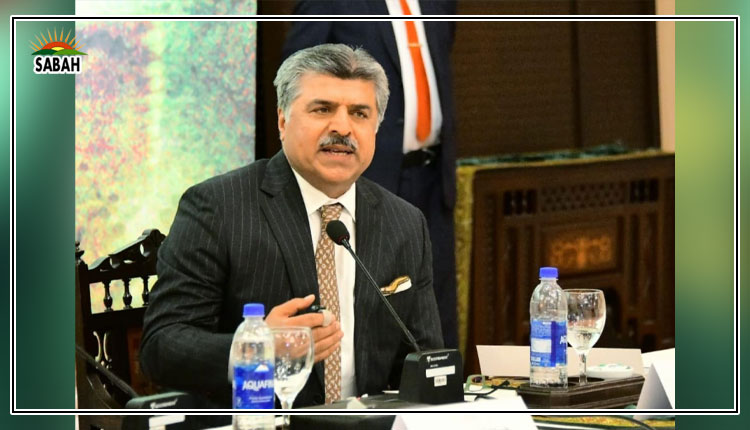No Parliamentary recommendations on PSDP accepted out of 200 submitted to Ministries in the last 10 years: PILDAT Briefing Session
ISLAMABAD, May 14 (SABAH): PILDAT convened a briefing session on Tuesday at Islamabad, aimed at enhancing parliamentarians’ understanding of the budgetary process. The discussion, titled “Empowering Parliamentarians for Effective Budgetary Oversight,” provided a platform for insightful discussions and deliberations on critical reforms to improve Pakistan’s parliamentary budget process.
Senators and MNAs in high attendance expressed their disappointment that despite Standing Committees submitting more than 200 recommendations on PSDP proposals to Ministries during the past 10 years, not even one was accepted nor were reasons given for rejection, which is a violation of the National Assembly Rules of Procedure & Conduct of Business. Members endorsed PILDAT’s suggestion for increasing the days for budget deliberation because they lamented that the number of budget documents cannot be adequately studied within the current time period. Members also underscored the need for gender analysis of the budget and also the need for public disclosure of budgetary tracking and progress reports.
Ahmed Bilal Mehboob, President PILDAT, delivering a presentation at PILDAT’s Briefing Session. The session began with Ahmed Bilal Mehboob, President PILDAT, delivering a comprehensive presentation titled “Pakistan’s Parliamentary Budget Process – What Needs to Change?” Ahmed Bilal Mehboob provided an overview of the parliamentary budget process, highlighting the key events including the Budget Strategy Paper, the role of Standing Committees in vetting the Public Sector Development Program (PSDP) budgetary proposals, and the presentation of the Annual Budget Statement in the National Assembly. He analysed the trends in the last 25 years, when each budget session, on average, lasted only 14 days and less than 45% of MNAs participated. He drew comparisons with India and China, and recommended five major changes to the budget process: Amend Article 84, which allows government to authorize supplementary grants without NA approval; Amend Public Finance Management Act 2019 to obligate government to share BSP with Standing Committees on Finance before approval by Federal Cabinet so that Cabinet may consider Committee recommendations; Amend NA Rules to empower Standing Committees to review budget after its presentation in the Assembly; Review the implementation of NA Rule 201 (6) & (7) regarding PSDP review by Standing Committees in past 10 years; Parliamentary Budget period should be increased from present 14 to at least 30 & preferably 45 days; Amend NA Rules to obligate the Fed Govt to present Quarterly Reports on execution of the budget passed by the Assembly.
Syed Ghulam Mustafa Shah, MNA & Deputy Speaker of the National Assembly of Pakistan, chaired PILDAT’s Briefing Session and underscored the importance of parliamentary oversight in ensuring fiscal responsibility and accountability. He emphasized the need for an inclusive and transparent budget process, focusing not only on allocating funds but also ensuring these funds are used for intended outcomes. He said executive dominance must be balanced with empowering parliamentary committees, pre and post budget scrutiny and amending Article 84 of the Constitution of Pakistan, as suggested by PILDAT.
Omar Ayub Khan, MNA and Leader of the Opposition in the National Assembly of Pakistan, sharing his views and expressed his support for PILDAT’s recommendations for budgetary reforms. He underlined the need for empowered Standing Committees and improving the efficiency of bureaucratic support within various government Divisions and Ministries. Overall, parliamentarians expressed a sense of urgency and collective resolve to effect positive change in Pakistan’s budgetary processes.
Members of National Assembly, in attendance included: Syed Ghulam Mustafa Shah, Deputy Speaker of the National Assembly, PPP, Omar Ayub Khan, MNA and Leader of the Opposition in the National Assembly, Ms. Zeb Jaffar, PML-N, Ms. Kiran Dar, PML-N, Ms. Ayesha Nazir Jatt, SIC, Ms. Aasia Ishaque Siddiqui, MQM-P, Ms. Kiran Haider, PML-N, Ms. Akhtar Bibi, PML-N, Ms. Shahista Khan, PML-N, Usman Mela, PTI, Mobeen Arif Jutt, PTI, Ms. Rana Ansar, MQM-P, Dr. Mahreen Bhutto, PPP, Barrister Umair Niazi, Ms. Farah Naz, Ms. Aniqa Mehdi, Ms. Sofia Saeed, Ms. Huma Chughtai, Ms. Shazia Farid, Ms. Ghazala Anjum, Ms. Naima Kanwal, Qamar ul Islam Raja, PML-N, Dr. Nikhat Shakeel, MQM, Dr. Shazia Sobia Aslam Soomro, PPP-P, Ms. Shagufta Jumani, PPP-P, Zameer Ahmed, NP, Ms. Aliya Kamran, JUI-P, Asad Niazi, PPP, Mubashar Iqbal, PML-N, Jawad Kazmi, SIC, Ms. Sehar Kamran, PPP, Pullain Baloch, NP, Hassan Sabir, MQM-P, Hassan Sabir, MQM-P, Muhammad Iqbal Khan, MQM-P, Farhan Chishti, MQM-P, Miandad Ali, Khan, SIC and Mubeen Anil Jutt, SIC.
Senator Fawzia Arshad, PTI, Senator Dr. Humayun Mohmand and Senator Jan Muhammad Buledi, NP were also present at the Session.
Members of the National Assembly Secretariat that were also present at the Briefing Session: Syed Jawad Naqvi, Additional Secretary, Mehboob Ali Gurmani, Director General, Syed Haseen Raza Zaidi, Joint Secretary, Sahibzada Nazir, Director (PAC), Muhammad Usman Ali, Joint Secretary (PAC) Tanveer Ahmad, Section Officer (PAC), Shahbir Ahmad, Section Officer (PAC), Haq Nawaz Jadoon, Ds (PAC) and Ms. Rubab Tabassum, Section Officer.


